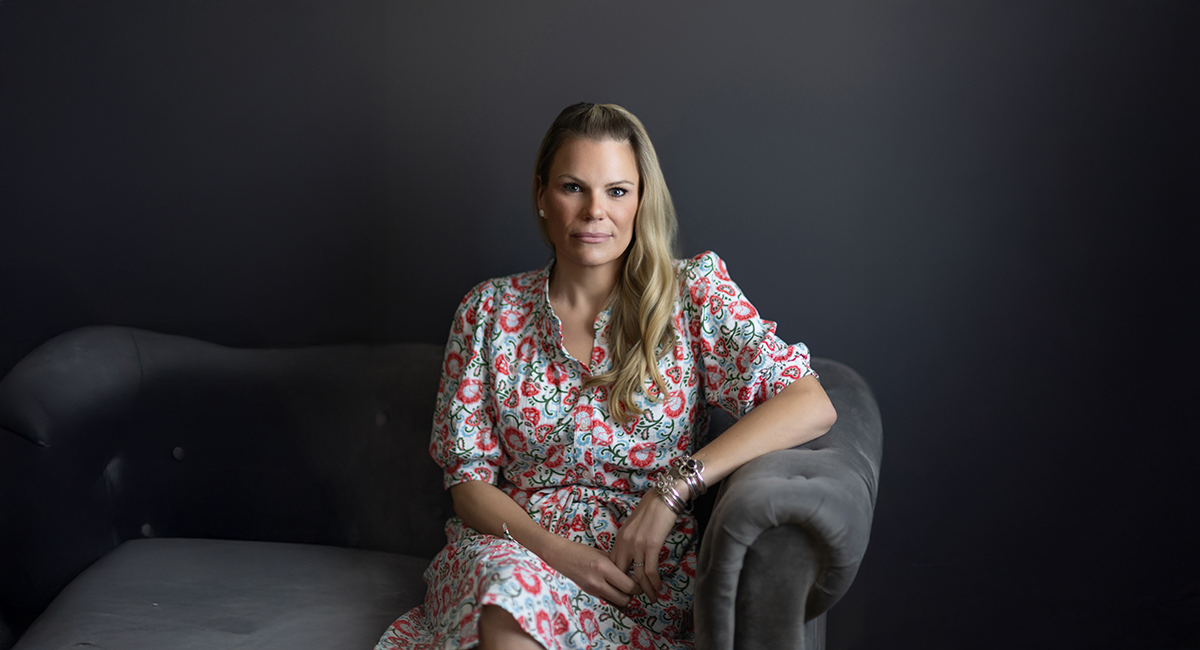Lessons from Local Leaders:
Dr. Jennifer Kaufman Walker
Healing work often starts with a simple truth: one size does not fit all. Dr. Jennifer Elizabeth Kaufman Walker describes how a career built across crisis lines, hospitals, community programs, and jails shaped a practice that prizes trust, autonomy, and collaboration.
Her path—spanning sexual assault response, domestic violence shelters, county behavioral health, and graduate training—created a wide-angle view of human pain and resilience. That breadth informs a private practice that stays small by design, so relationships remain personal and contact stays real. Recognition as a top practitioner matters not as a trophy, but as a signal that depth, access, and individualized care can scale impact without sacrificing humanity. The core message is consistent: therapy should fit the person, not the other way around.
Personalization shows up in how modalities are chosen. Instead of pushing a narrow protocol, Dr. Walker lays out options—EMDR for reprocessing traumatic memory networks, Internal Family Systems to befriend protective parts, somatic practices to calm the nervous system, and mindfulness to build interoceptive awareness. She explains tradeoffs in plain language, explores fears and hopes, and invites clients to choose with her. That shared decision-making builds buy-in, reduces dropout, and matches tools to goals. A striking example is the client misread as “conduct disordered,” when absence seizures were the real culprit. With careful observation and advocacy, a neurology referral unlocked the right medical care and the behaviors vanished. The lesson is practical and profound: accurate formulation requires curiosity, collaboration, and humility. When clinicians widen the lens, they catch the signal inside the noise.
Trauma-informed care, as Dr. Walker frames it, is not a checklist; it’s a stance. Two people can live through the same event and have different outcomes. What often determines the arc isn’t severity alone but support, validation, and coping capacity. A child who returns to dismissal after disclosure is primed for long-term injury; another who is believed and scaffolded might integrate even horrific experiences without chronic symptoms. This is why she focuses on context, connection, and consent. Safety comes first—physiologically and relationally. Clients learn how the brain and body talk, how stress shifts heart rate, breath, and muscle tone, and how simple regulation skills send “all clear” signals upstream. Education demystifies anxiety and helps depression feel less like a moral failure and more like a brain-body state that can change with the right inputs.
The practice is also a community promise. A name-your-price sliding scale honors the reality that access barriers do harm. Clients who hit financial turbulence don’t lose care; no proof is demanded; dignity is preserved. That policy pairs with an open-door ethos—once a client, always a client—so a text years later still finds a response and a path back to support. It’s a quiet but radical stance against scarcity and shame. Beyond the therapy room, Dr. Walker mentors future counselors through supervision that builds confidence rather than fear. Early supervisory experiences can set a clinician’s compass; she chooses collaboration and trust to cultivate reflective practitioners who know when to seek help and how to center clients without losing themselves.
Stigma shrinks when stories are told in public spaces. Through podcasts, reels, writing, and everyday conversations, Dr. Walker insists that everyone struggles with mental health at some point. Naming that reality removes isolation and invites earlier care. Her vision is not empire-building; it’s depth over breadth—staying close to clients, writing when words can help, teaching when it multiplies care, and partnering with families, schools, physicians, and psychiatrists so no one is left piecing together a puzzle without the corners. The overarching takeaway is accessible and hopeful: healing accelerates when care is tailored, collaborative, and grounded in trust; when the nervous system is taught to settle; when grief is honored; and when cost is not a barrier. That’s how therapy becomes a bridge, not a gate.
Reach Dr. Jennifer Kaufman Walker Below

Website:
https://tnpsnova.com/https://tnpsnova.com/
Listen on the Podcast: Podcast Episode





Read the Comments +